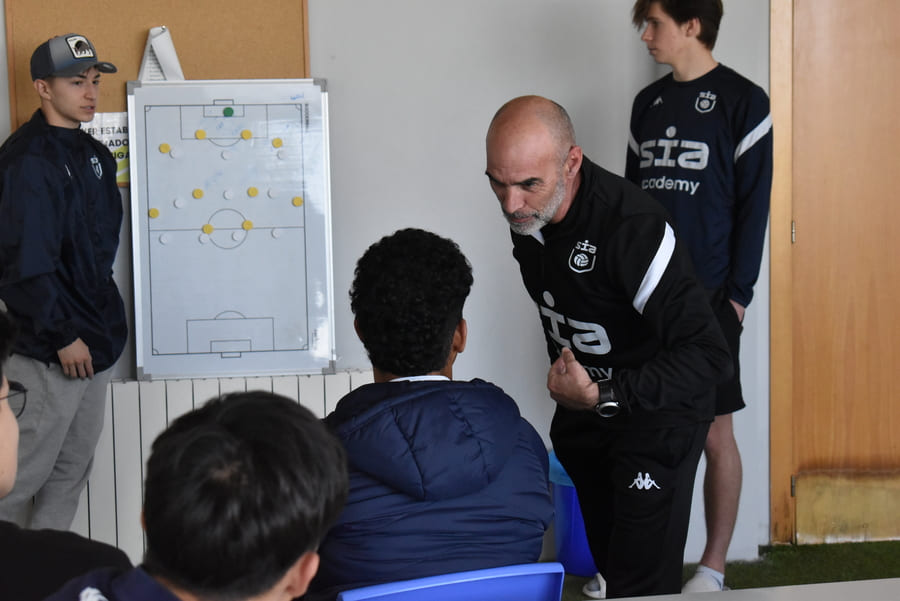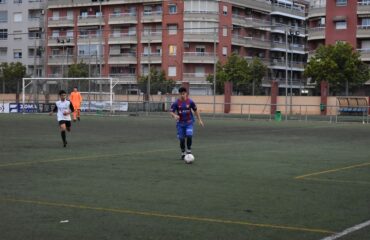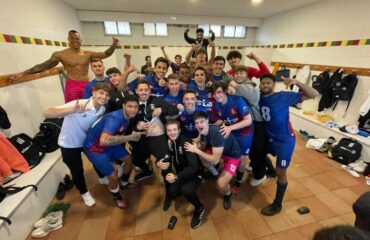What is humility? In football, as in life, humility is the ability to keep your feet on the ground, even when talent, success, or attention threaten to lift you up. It is not about refusing to shine, but knowing that individual brilliance must serve the team, learning, and respect for others.
Being humble does not mean undervaluing yourself: it is understanding that you can always improve, that no one gets anywhere alone, and that football is a collective game where everyone contributes. It is accepting criticism, learning from mistakes, and recognizing teammates, opponents, and coaches. In the case of young footballers, this virtue becomes a fundamental asset for growing not only as players but as people.
Table of contents
Why is it important to foster humility from an early age?
In formative stages, many talented players begin to receive excessive praise, media attention, or comparisons with professional figures. This environment, although motivating, can generate attitudes of superiority, resistance to self-criticism, or loss of perspective.
Humility acts as an emotional anchor. It helps to take victories without arrogance, and to face mistakes without sinking into frustration. It promotes sustained growth, a respectful atmosphere in the locker room, and an open mindset for constant learning.
In high-performance academies like SIA Academy, this value is cultivated with the same rigor as technique or physical training, knowing that a player without humility is a player halfway there.
“Football shapes people before players. Without humility, talent becomes fragile,” says Rafa, sports director of SIA.
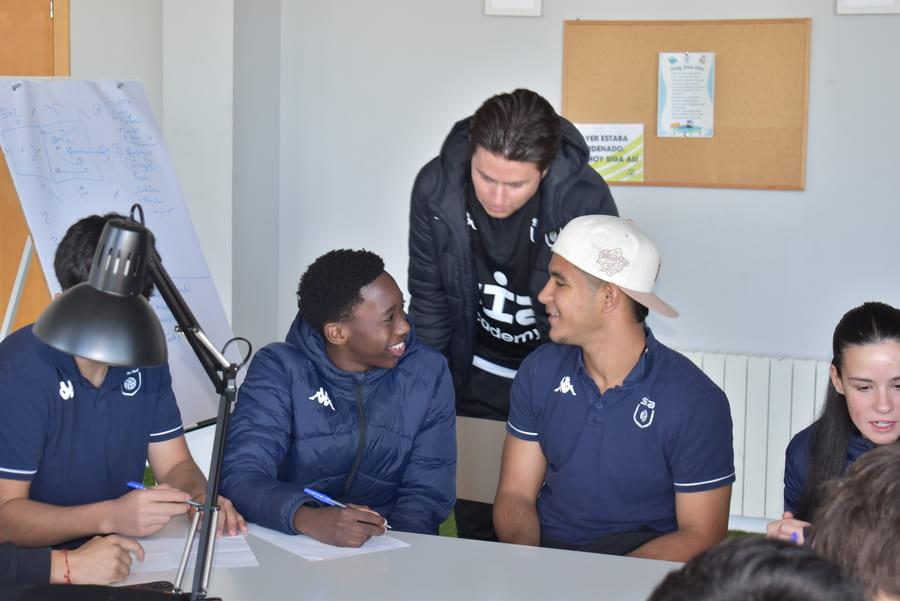
6 keys to foster humility in young footballers
1. Reinforce teamwork above individual shine
Individual talent must serve the team. Applauding an assist as much as a goal, highlighting defensive coverage, or rewarding a supportive attitude are gestures that reinforce a collective vision of the game. At SIA Academy, training is for the group, not for the spotlight.
2. Teach to accept and learn from mistakes
Making mistakes is part of learning. Humility is shown in how mistakes are assumed: with openness, without excuses, and with the intention to improve. At SIA, training includes analysis sessions where the focus is not on blaming but on growing.
3. Expose them to diverse and challenging realities
When a young player lives with footballers from other countries, levels, and trajectories, they understand that they are neither unique nor superior. That diversity is a school of humility. The international structure of SIA favors this continuous exposure to different football profiles and cultures.
4. Promote respect for coaches, rivals, and teammates
Humility is also expressed in how you compete, how you speak, celebrate, or lose. Respecting those who teach you, those who face you, and those who accompany you is fundamental. At SIA, players learn that respect is non-negotiable.
5. Support with emotional and mental training
Many arrogant behaviors come from poorly managed insecurities. Working on emotional intelligence, tolerance to frustration, and self-confidence from a solid base reduces those attitudes. At SIA, workshops and coaching sessions are offered to develop that mental balance.
6. Value effort, not just talent
Praising only results or natural talent can inflate the ego. Recognizing consistency, sacrifice, and gradual improvement builds a humble and resilient mindset. At SIA, both coaches and physical trainers constantly highlight commitment over spectacle.
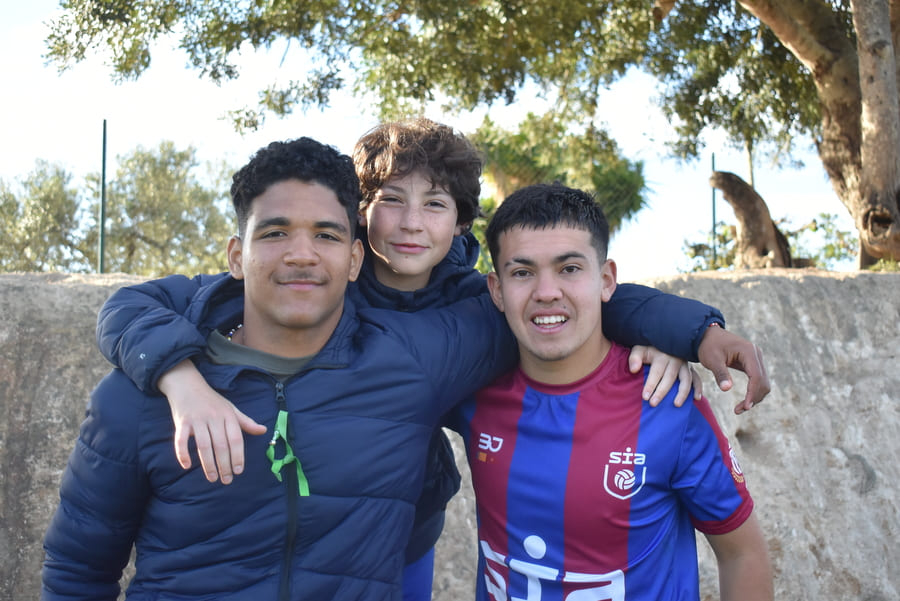
Is it possible to be competitive and humble at the same time?
Yes, and in fact, the greatest footballers in history have also been examples of humility. Andrés Iniesta or Luka Modrić are idols who never needed to shout their greatness because they demonstrated it with deeds, not gestures.
Humility is not incompatible with ambition or the desire to improve. On the contrary, it is what allows sustaining those values over time without losing direction.
“Talent without humility wears out. But with humility, it multiplies,” reflects Rafa, from his experience as a trainer at SIA.
Fostering that in young footballers is not only an ethical matter but a strategic necessity. Because when ego dominates, learning stops. And when humility leads, growth is infinite.
At SIA Academy, this principle permeates the entire formative philosophy. From how training is done to how coexistence is lived, humility is a value that is trained, lived, and transmitted.



